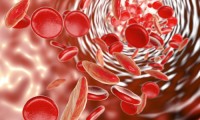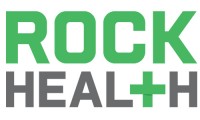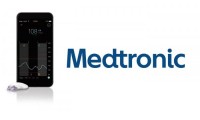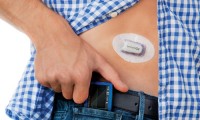-
The top 5 mental/behavioural health startups that have raised funding
- Source: VatorNews
- 1,381
- April 11, 2018
-
How do Clinical Wearables Impact Patient Care and Quality of Life?
- Source: Hit Consultant
- 1,030
- April 10, 2018
-
Novo moves into sickle cell with $400M EpiDestiny deal
- Source: Fiercebiotech
- 707
- April 9, 2018
-
Record Q1 brings in $1.6B for digital health investments, disease diagnosis segment dominates
- Source: MedCityNews
- 602
- April 3, 2018
-
Calorie restriction trial in humans suggests benefits for age-related disease
- Source: sciencedaily
- 581
- April 2, 2018
-
FDA clears Medtronic’s smartphone-connected CGM for MDI users
- Source: mobihealthnews
- 816
- March 30, 2018
-
FDA clears new Dexcom CGM that requires no patient calibration earlier than expected
- Source: MedCityNews
- 711
- March 29, 2018
-
UCSD researchers develop wearable, 24-hour GI tract monitor
- Source: MobiHealthNews
- 551
- March 27, 2018
-
Tooth Sensor Measures Intake of Sugar, Salt, Alcohol
- Source: Med Gadget
- 1,319
- March 23, 2018
-
Artificial intelligence firm twoXAR raises $10M for partnering drive
- Source: Fiercebiotech
- 574
- March 22, 2018
your submission has already been received.
OK
Subscribe
Please enter a valid Email address!
Submit
The most relevant industry news & insight will be sent to you every two weeks.













